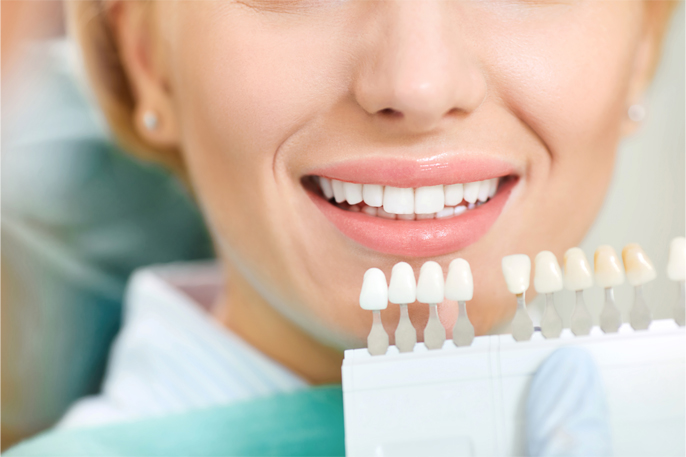Diabetes is a disease that affects more and more people every day, but did you know that it affects more than just your blood sugar? It’s true. Diabetes not only needs to be monitored to maintain your overall health but not taking care of your diabetes can also affect your mouth. Let’s explain.
Because diabetes revolves around your blood sugar levels, it can also affect the way your gums get infected, the bones that hold your teeth in place, and many other oral health issues. I know – it’s kind of overwhelming. But also, just a couple more reasons to make sure you take care of yourself when living with diabetes. Take a look at some ways to keep your dental health intact:
Diabetes first. Since you have now been diagnosed, it is important to make the necessary lifestyle changes in order to maintain a consistent level of health. Keep your blood levels in check, eat healthy, and make sure to exercise regularly. Healthy body, healthy smile.
Don’t smoke. It’s already bad for your health, but cigarettes and cigars also contribute to dry mouth, gum disease, and tooth decay. Keep the tobacco out of your mouth and look forward to fewer instances of these issues arising.
Dental implant care. You may not think of it as important but if you have dental implants, you should spend extra attention to your cleaning techniques because it could cause potential problems. If you wear a full or partial denture, clean it thoroughly each day to reduce bacteria.
Oral hygiene. Of course, don’t forget your dental hygiene altogether. Brush twice a day with fluoride toothpaste and a soft toothbrush, use an antibacterial mouthwash, floss correctly once a day, and see your dentist for regular checkups.
To schedule an appointment or learn more about the beautiful smiles Dr. Sukari McMiller has created visit us online today at www.dreamworksdentalcare.com.
Dr. Sukari McMiller proudly serves patients from Fayetteville and all surrounding areas.





